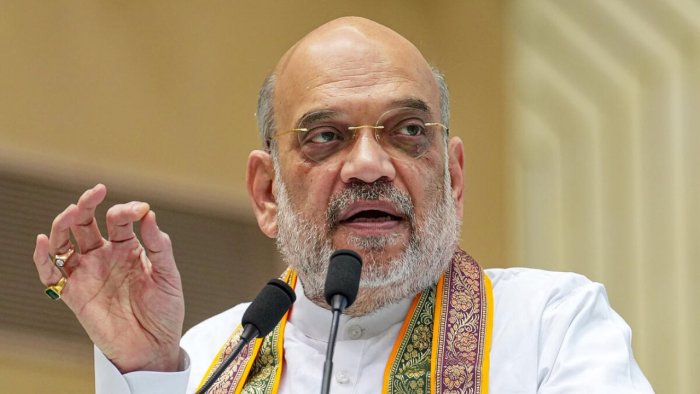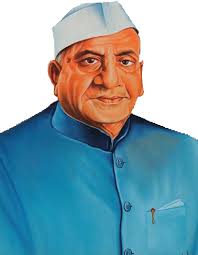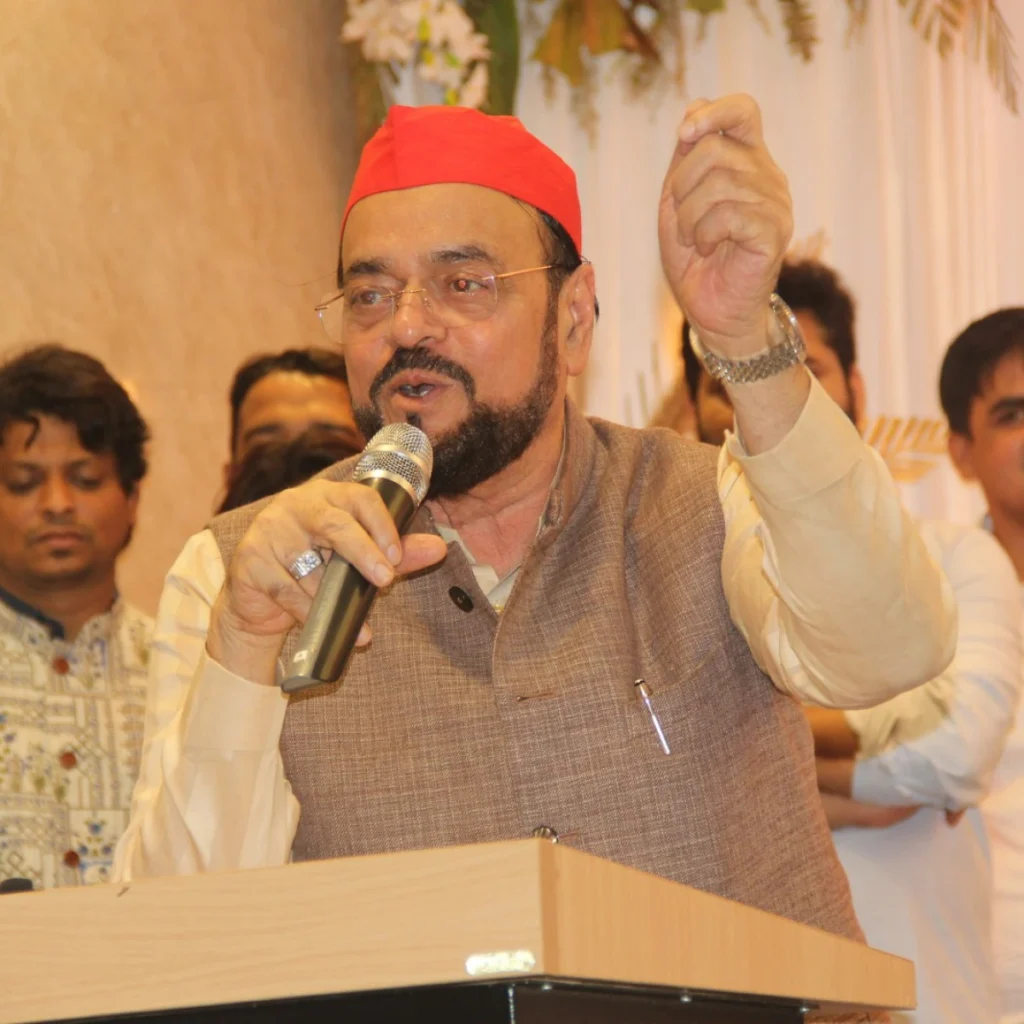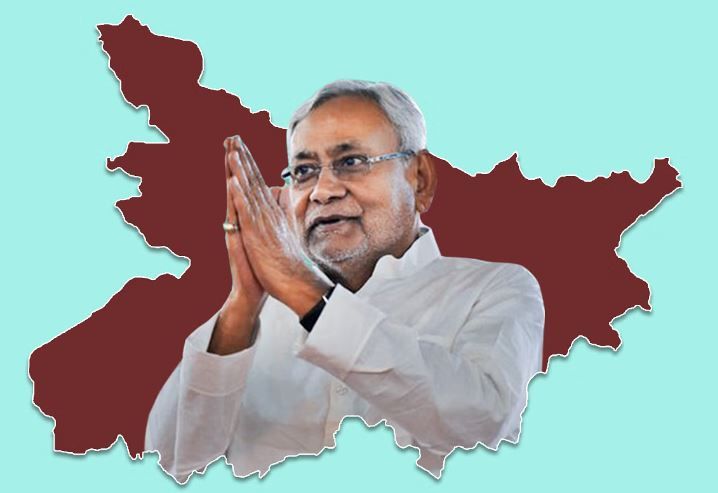Amit Shah is a prominent figure in Indian politics known for his strategic acumen, organizational skills, and significant contributions to the Bharatiya Janata Party (BJP) and the Indian government. His journey in Indian politics is marked by key milestones, challenges, controversies, and achievements that have shaped his political career and influence in national affairs.
Early Life and Entry into Politics:
Amit Shah was born on October 22, 1964, in Mumbai, Maharashtra. He was raised in a middle-class Gujarati family with a background in business. Shah showed an early interest in politics and leadership, actively participating in student politics during his college days.
Shah’s political journey gained momentum when he joined the Rashtriya Swayamsevak Sangh (RSS), a Hindu nationalist organization, during his youth. The RSS played a pivotal role in shaping his ideological and organizational foundations, instilling principles of nationalism, social service, and cultural pride.
Rise within the BJP:
- Early Political Engagements: Shah’s association with the BJP began in the 1980s, where he quickly rose through the ranks due to his dedication, organizational skills, and loyalty to the party’s ideology of Hindutva (Hindu nationalism).
- Gujarat Political Landscape: Shah’s political influence grew significantly in Gujarat, where he became a close associate of Narendra Modi, who was then rising as a prominent leader within the BJP in the state.
- Role in Gujarat Politics: Shah served in various capacities within the Gujarat BJP, including as a Member of Legislative Assembly (MLA) and as a minister in state governments led by Narendra Modi.
Key Milestones and Contributions:
- 2001 Gujarat Legislative Elections: Amit Shah played a crucial role in strategizing and managing election campaigns, contributing significantly to the BJP’s victory in the 2001 Gujarat Legislative Assembly elections.
- 2002 Gujarat Riots Controversy: Shah faced criticism and scrutiny regarding his alleged involvement in the handling of the 2002 Gujarat riots, which occurred during Narendra Modi’s tenure as Chief Minister. Shah vehemently denied any wrongdoing, and subsequent legal investigations did not establish his direct involvement.
- National Leadership Roles: Amit Shah’s organizational skills and political astuteness led to his appointment as the BJP’s national general secretary in 2013, marking a significant step in his national political journey.
- BJP President and Electoral Success: In 2014, Shah was elected as the President of the Bharatiya Janata Party (BJP), succeeding Rajnath Singh. Under his leadership, the BJP achieved remarkable electoral successes in state and national elections, expanding its political footprint across India.
- Strategist and Campaign Architect: Shah gained recognition as a master strategist and election campaign architect, playing a pivotal role in orchestrating successful election campaigns, including the historic 2014 general elections that saw Narendra Modi becoming the Prime Minister of India.
Controversies and Challenges:
- Legal Cases and Allegations: Amit Shah faced legal challenges and allegations related to encounters and extrajudicial killings during his tenure as Gujarat’s Home Minister. However, he was acquitted in several cases due to lack of evidence or legal developments.
- Political Opposition: Shah’s rise in Indian politics also invited criticism and opposition from rival political parties, especially regarding his style of leadership, political tactics, and ideological positions.
Role as Union Home Minister:
- Appointment to Union Cabinet: After the BJP’s landslide victory in the 2019 general elections, Amit Shah was appointed as the Union Home Minister in Prime Minister Narendra Modi’s cabinet, assuming a crucial role in India’s national security, law enforcement, and internal affairs.
- Policy Initiatives and Reforms: As Home Minister, Shah has been instrumental in pushing forward various policy initiatives and reforms, including amendments to citizenship laws, efforts towards national security and counterterrorism, and administrative restructuring.
- Challenges and Criticisms: Shah’s tenure as Home Minister has been marked by challenges such as internal security threats, communal tensions, and debates over legislative measures, leading to both support and criticism from different quarters.
Political Legacy and Influence:
Amit Shah’s journey in Indian politics reflects a blend of strategic prowess, organizational leadership, ideological commitment, and resilience in navigating challenges and controversies. His influence within the BJP and the Indian government remains substantial, shaping policy decisions, electoral strategies, and political narratives.
Conclusion:
Amit Shah’s journey from a dedicated RSS worker to one of India’s most influential political figures underscores the dynamics of Indian politics, leadership, and ideological landscapes. While he has faced controversies and criticisms along the way, Shah’s contributions to the BJP’s growth, electoral successes, and policy initiatives have left a lasting impact on Indian politics and governance. His role as Union Home Minister continues to define critical aspects of India’s domestic and national security agenda, cementing his place as a key architect of contemporary Indian politics.






